It takes a good measure of courage and confidence to ride a motorcycle, but that pales in comparison to the grit and determination it takes to become a United States Marine.
Marines who choose to ride on two wheels are an even more exclusive group among “The Few, The Proud.” As a civilian and an outsider to military life and culture, I had no clue what all was involved for our men and women in uniform when they throw a leg over a bike. Motorcycle life is quite different in the military. RevZilla Rider’s Alliance team member Fred Foster was happy to educate me on the subject.

Jen Dunstan: Tell us about your rank, role and your military career.
Fred Foster: I am proud to say that I am a Master Sergeant in the United States Marines — Oorah!!! — with a military occupational specialty (MOS) of 7291 Senior Air Traffic Controller and Senior Enlisted Advisor.
I enlisted and reported to boot camp at Parris Island, South Carolina on September 24, 2001. Which means, this past September marked my 20-year anniversary in the Corps. Yes, I love my job. Currently, I am lucky to be stationed in Southern California at Marine Corps Air Station Miramar and as a motorcycle rider I don’t know that it gets much better than this.
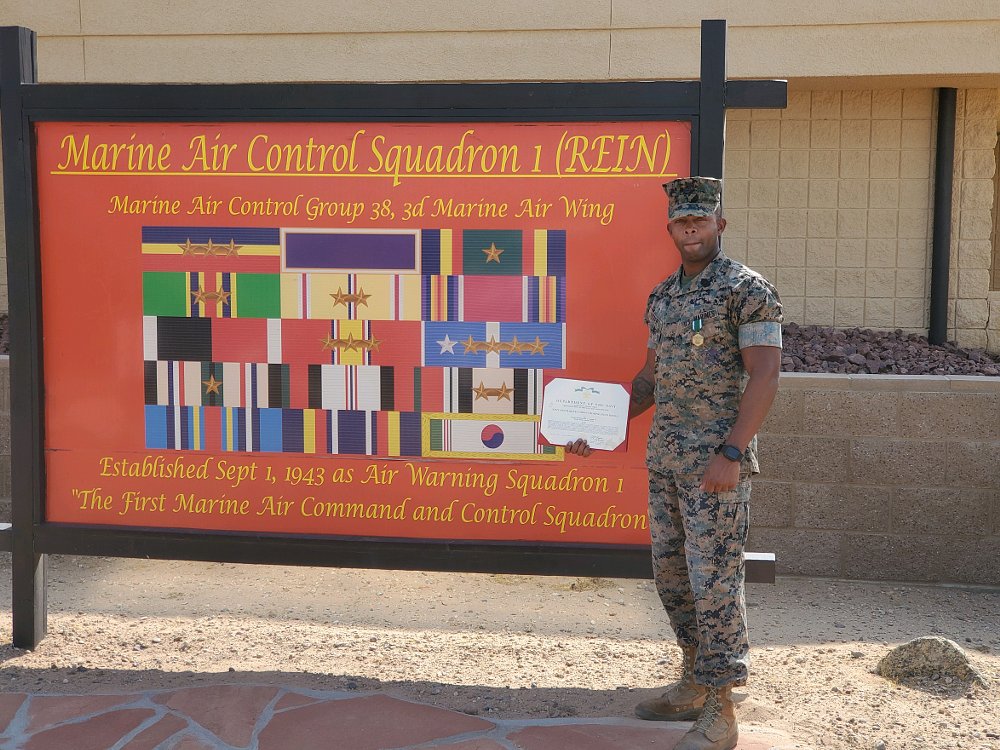
JD: Were you a motorcyclist before joining the military, or did you start riding after?
FF: My two-wheel infatuation started the first time I sat on a bike at 16 years old. By the time I joined the military, I already knew that motorcycles would forever be a part of my life. Even though I started riding prior to joining, the military has given me the opportunity to truly focus on the sport.

JD: What is your involvement on base with helping fellow Marines learn how to ride and to continue their training?
FF: The Marine Corps has a very detailed motorcycle program that distinguishes riders based on both experience level and training completion. Each unit has a requirement to have a motorcycle Club President, Vice President and multiple motorcycle mentorship evaluators. Currently, for our unit, I am a mentorship evaluator and the Club Vice President and assist with keeping the program administratively organized, informing Marines on required training and the timelines to complete the training.
JD: What resources are available to Marines who have an interest in learning how to ride?
FF: Because all Marines who ride have completed the Basic RiderCourse and we work so closely together, I would say the biggest resource for someone showing interest is another Marine who rides. Once this conversation is had, the interested Marine will eventually be directed to me. At that point, I can sign the Marine up for one of our on-base courses at, get this, no cost to the Marine! The BRC is a three-day course consisting of a day of classes and two days of live range work. Gear… provided. Motorcycle… provided. And if that wasn’t enough, it takes place during working hours! This means that the Marine Corps is paying them to test out the sport. This course meets state licensing requirements and upon completion Marines can receive a motorcycle endorsement and ride.
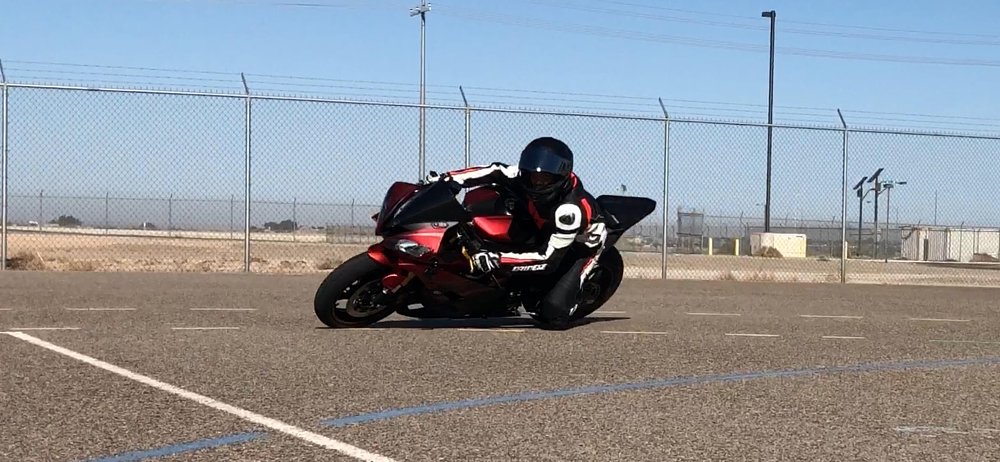
JD: How do you create awareness that these resources are available on base for Marines interested in learning to ride?
FF: Here’s a little military history for you. Since the end of WWII, military service members have gravitated toward two wheels and in 2021 the only thing that’s changed are the motorcycles we ride! At the beginning of the day, lunchtime and at work's end, if you look around my base you see bike after bike after bike. Yes, we may have the occasional motorcycle expo that gets put on, but the biggest advertising campaign we have is when someone sees a Marine looking like a bad ass cruising through the front gate.
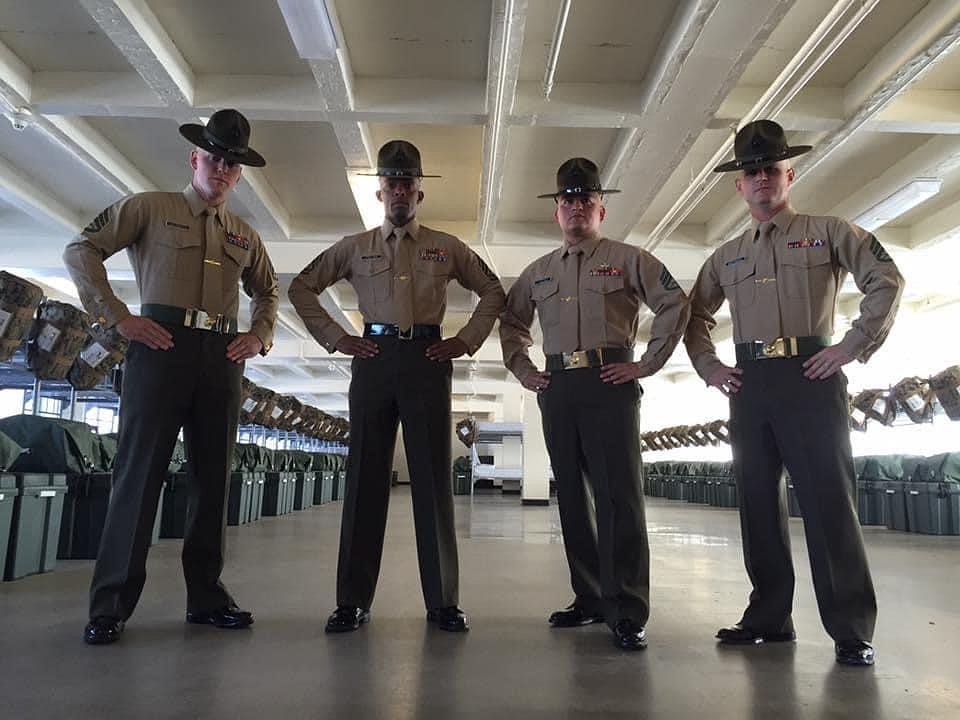
JD: A lot of civilians wish they had that much support in getting started, but there also must be challenges, too. What is the biggest challenge your fellow Marines face in motorcycling?
FF: When I was a Marine Corps Drill Instructor, we made it a point to instill discipline and intensity into the recruits we trained. This is why when new Marines graduate, there’s a certain feeling of invincibility. Take this and put it on two wheels and an agricultural excursion can be literally right around the corner. We try to combat this by telling Marines to simply slow down and get more training under their belt. It’s free!
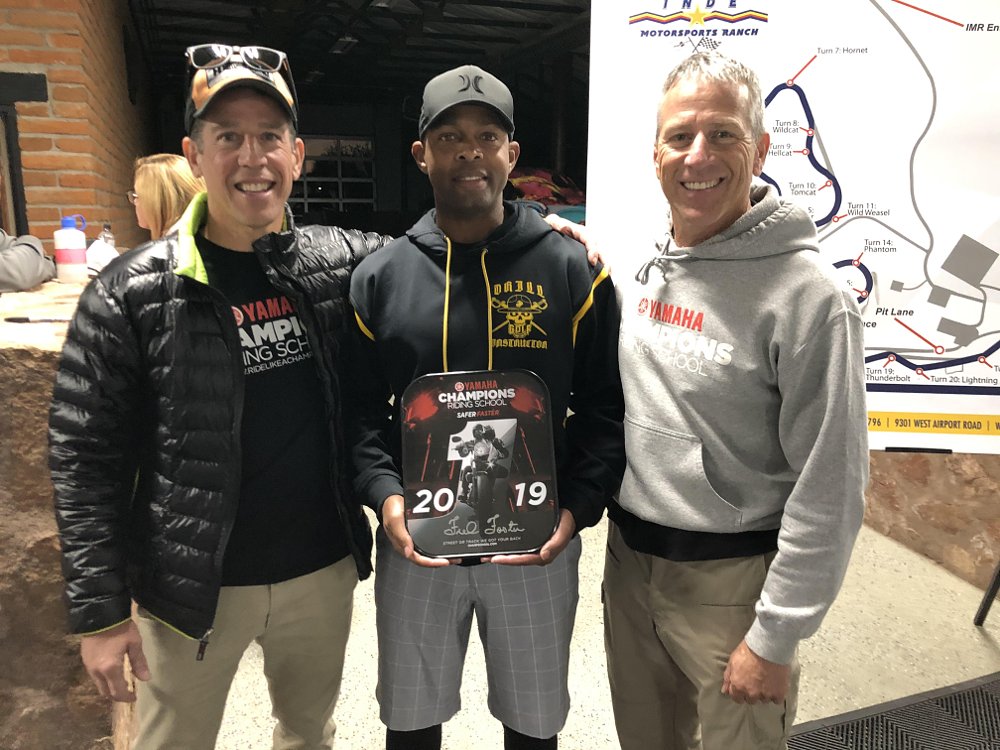
JD: After a Marine gets started, are there activities on base like group rides or additional training?
FF: Most bases have a motorcycle safety department within the traffic safety division that is responsible for facilitating beginner, intermediate and advanced-level training. Also, the majority of units have Marine Corps Motorcycle Clubs that host quarterly group rides. Within our club, evaluators such as myself also have requirements to take newer riders on monthly check rides. During these rides, there’s no pass or fail. It’s meant to be a mentorship session where we can provide tips and advice on everything from basic motorcycle maintenance to mentally navigating SoCal traffic to spirited canyon riding.
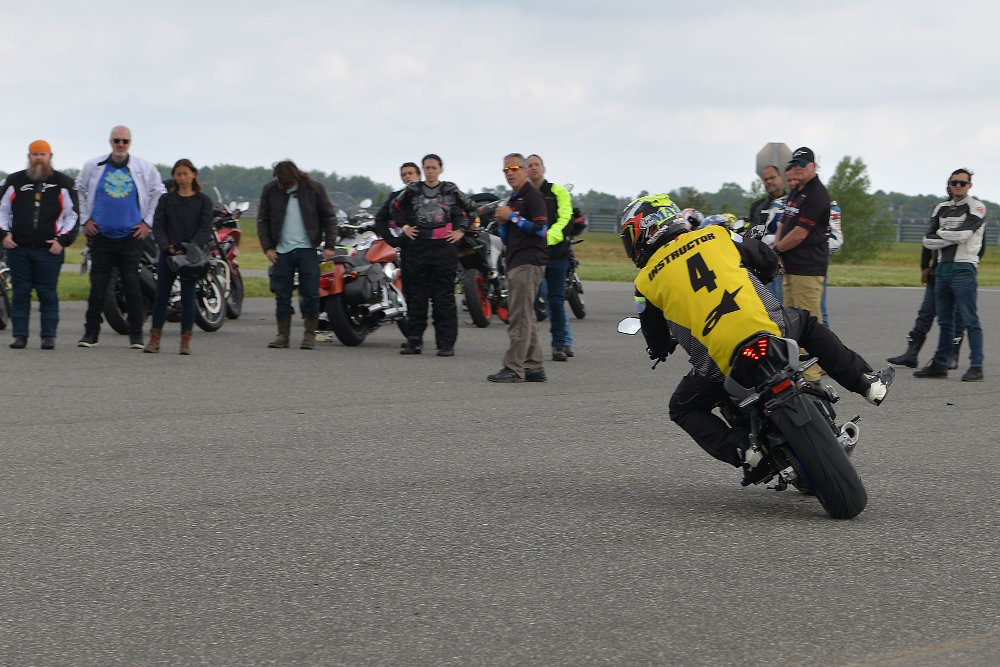
JD: I've read about how for people in many towns in Europe who were liberated from Nazi control, the first American they saw was a military scout on a Harley-Davidson WLA. Are there any specific occupations in the Marines today that involve motorcycle use?
FF: Sadly no. Or at least to my knowledge there aren’t. But if you dig back through history you will find examples. Even during WWI, some of the British had couriers that delivered messages via horseback or motorcycle.
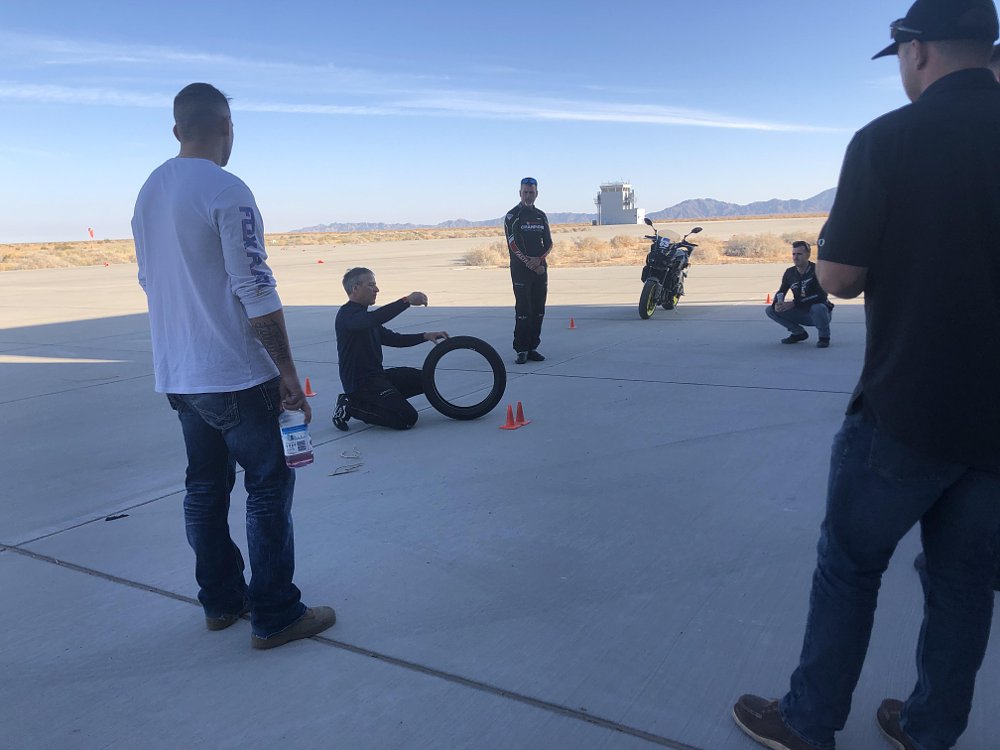
JD: What best practices from the military approach to motorcycling do you think could also benefit the civilian motorcycle population?
FF: One of the biggest things that we in the military benefit from that isn’t required for civilians is continued training based on rider level. As I said before, the Marine Corps has three levels of riders — beginner, intermediate and advanced — along with motorcycle mentors who conduct skill checks based on rider level. Though I have never ridden overseas, I know that different countries have different levels of rider certification. For example, you can only ride a certain cc machine based on your license and experience level. With all the freedoms we have, it might be hard to push for this type of system in the United States, but I believe it could definitely cut down on the number of motorcycle mishaps.
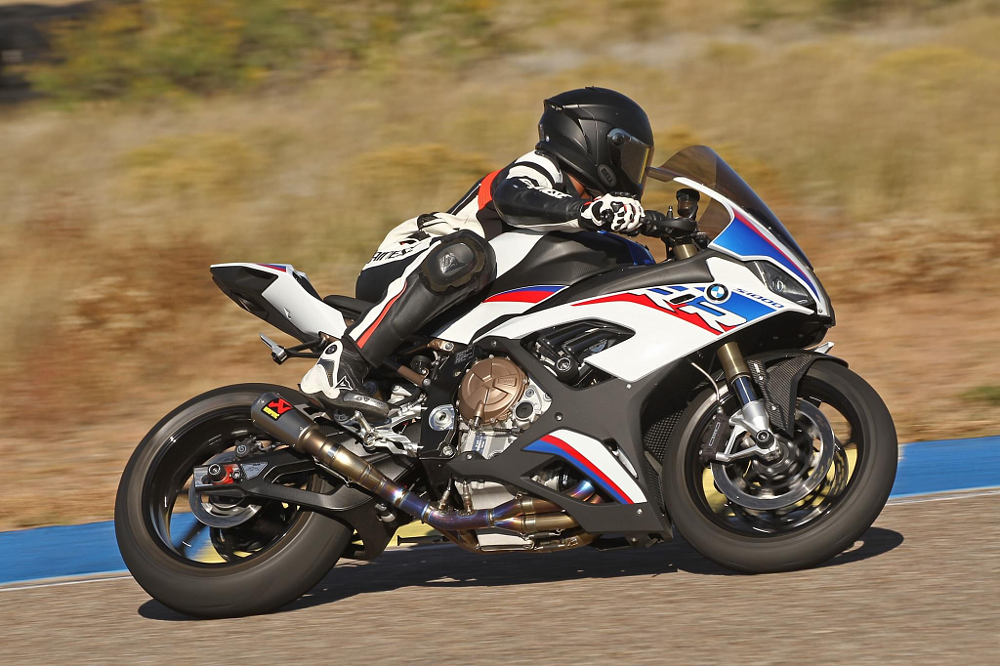
Jen's last word
Training and readiness are core to the Marines’ values and that focus translates into how they prepare and guide their troops on two wheels.
You can follow Fred’s journey as a leader in the Marines and in motorcycling by checking out the Rider’s Alliance page and keeping an eye out for future content featuring Fred on RevZilla’s social channels.














